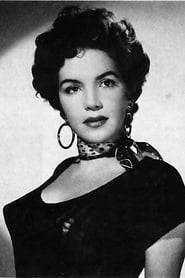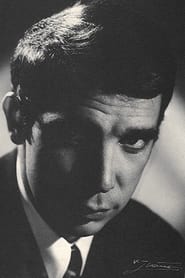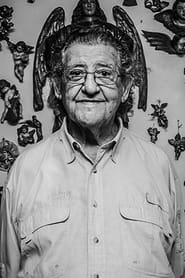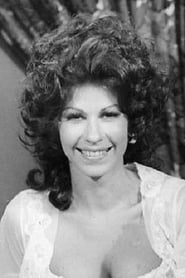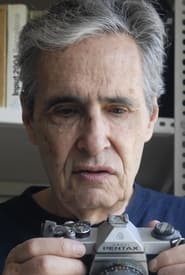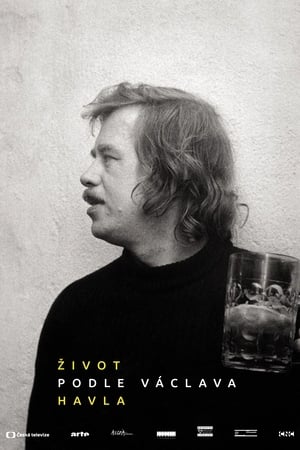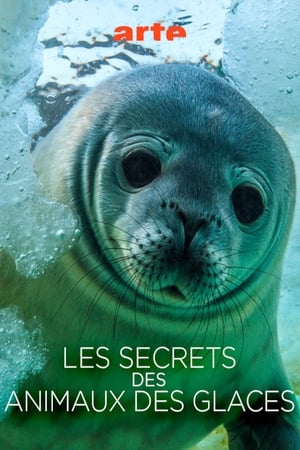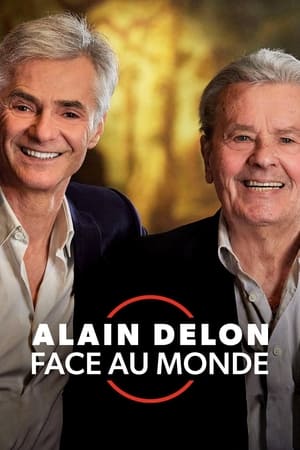

Ver a Hilda Vera(1998)
A living room, two video cameras, an armchair, two televisions and a mirror: domestic daily life in which colleagues, family and friends come together to decipher the life, personality and artistic trajectory of one of the most important actresses of Venezuelan Cinema: Hilda Vera
Movie: Ver a Hilda Vera
Top 10 Billed Cast

Ver a Hilda Vera
HomePage
Overview
A living room, two video cameras, an armchair, two televisions and a mirror: domestic daily life in which colleagues, family and friends come together to decipher the life, personality and artistic trajectory of one of the most important actresses of Venezuelan Cinema: Hilda Vera
Release Date
1998-10-22
Average
0
Rating:
0.0 startsTagline
Genres
Languages:
EspañolKeywords
Similar Movies
Polanski par Polanski(fr)
Roman Polanski hasn't given an interview for many years. However, in the conversation from 2006 with the author Pierre-André Boutang, illustrated with numerous film clips and archives, the filmmaker provides insights into his life and work.
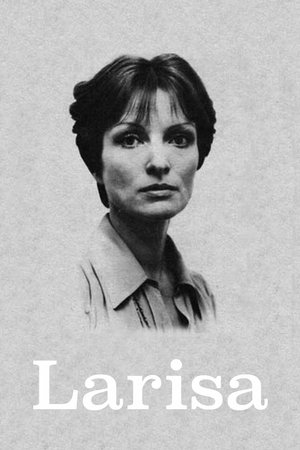 6.0
6.0Larisa(ru)
Elem Klimov's documentary ode to his wife, director Larisa Shepitko, who was killed in an auto wreck.
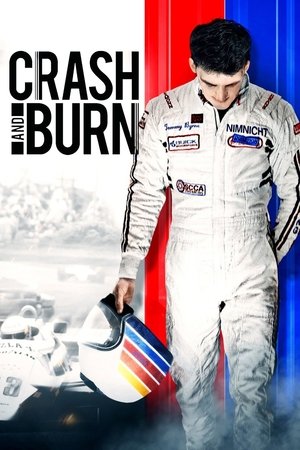 8.2
8.2Crash and Burn(en)
Crash and Burn chronicles the thrilling and turbulent career of Irish racing driver Tommy Byrne, who rose from a rough, working-class background to the cusp of Formula 1 in the 1980s. Directed by Seán Ó Cualáin, the film explores Byrne's undeniable talent and rebellious personality, which set him apart on the track but also clashed with the conservative and elite world of Formula 1. Byrne’s story is filled with highs and lows, from his dominance in lower racing categories to his brief, rocky stint in Formula 1 and subsequent struggles. The documentary combines interviews, archival footage, and personal insights to portray the complexities of Byrne’s character and his “what could have been” legacy in motorsport.
 7.0
7.0Unrest(en)
When Harvard PhD student Jennifer Brea is struck down at 28 by a fever that leaves her bedridden, doctors tell her it’s "all in her head." Determined to live, she sets out on a virtual journey to document her story—and four other families' stories—fighting a disease medicine forgot.
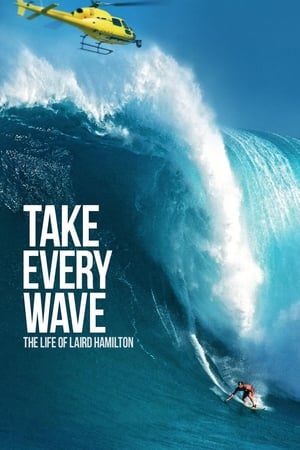 6.4
6.4Take Every Wave: The Life of Laird Hamilton(en)
This is the remarkable story of an American icon who changed the sport of big wave surfing forever. Transcending the surf genre, this in-depth portrait of a hard-charging athlete explores the fear, courage and ambition that push a man to greatness—and the cost that comes with it.
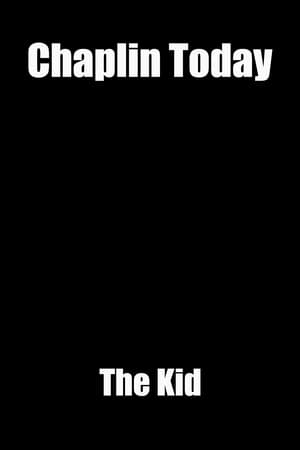 5.7
5.7Chaplin Today: 'The Kid'(en)
This documentary is featured on the two-disc Chaplin Collection DVD for "The Kid" (1921), released in 2004.
 7.0
7.0Chishu Ryu and Shochiku's Ofuna Studio(ja)
Documentary about the life and career of Japanese actor Chishu Ryu.
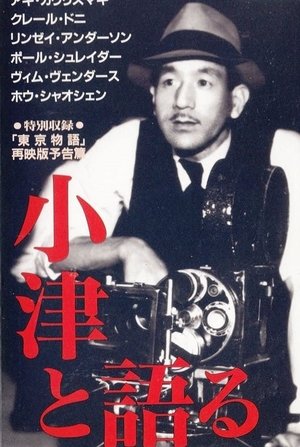 6.5
6.5Talking with Ozu(ja)
A tribute to the legendary Japanese film director featuring the reflections of filmmakers Lindsay Anderson, Claire Denis, Hou Hsiao-hsien, Aki Kaurismäki, Stanley Kwan, Paul Schrader, and Wim Wenders
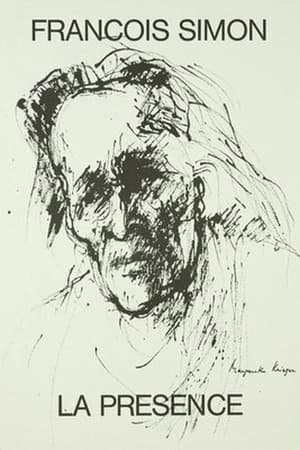 0.0
0.0Francois Simon the Presence(en)
The work of legendary actor François Simon, son of Michel Simon.
The Two Loves of Anthony Trollope(en)
Documentary that gives background on Trollope's life from childhood, adolescence, adulthood and death.
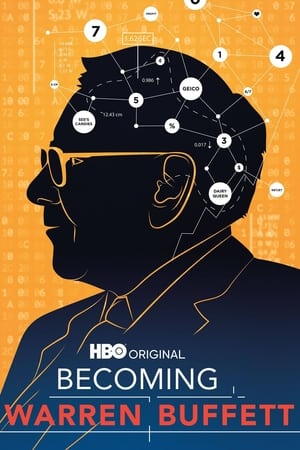 7.2
7.2Becoming Warren Buffett(en)
The story of the evolution of a boy from Nebraska who became one of the most respected men in the world, and the heroes who helped guide him along the way. By allowing access to his life and never-before-released home videos, Buffett offers a glimpse into his unique mind to help us understand what is truly important when money no longer has meaning.
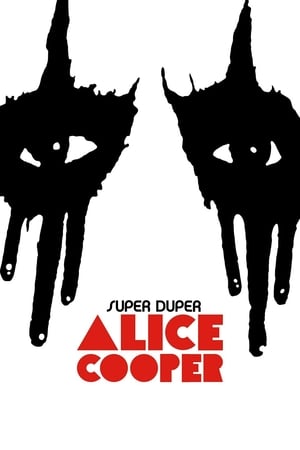 7.1
7.1Super Duper Alice Cooper(en)
Emerging from the Detroit music scene of the 1970s in a flurry of long hair and sequins, Alice Cooper restored hard rock with a sense of showmanship, while simultaneously striking fear into the hearts of Middle America with the chicken-slaughtering, dead-baby-eating theatrics that would cement his identity as a glam metal icon. Meticulously crafted from rare archival footage, Super Duper Alice Cooper tells the story of the man behind the makeup, Vincent Furnier, the son of a preacher, who got caught in the grip of his own monster.
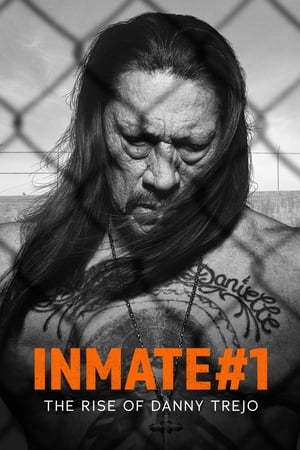 7.2
7.2Inmate #1: The Rise of Danny Trejo(en)
71 years in the making, this feature documentary experience reveals the extraordinary life journey of Hollywood's most unlikely hero, Danny Trejo.
The Story of Terry Moore: The Last Living Legend of Hollywood(en)
Watch as Terry Moore recounts her life as the last living legend of golden era Hollywood.
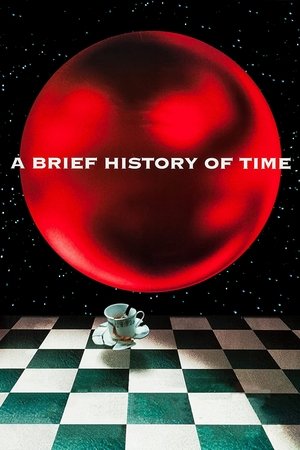 7.2
7.2A Brief History of Time(en)
This shows physicist Stephen Hawking's life as he deals with the ALS that renders him immobile and unable to speak without the use of a computer. Hawking's friends, family, classmates, and peers are interviewed not only about his theories but the man himself.
The Colour of Your Socks: A Year with Pipilotti Rist(en)
The film accompanies the Swiss artist Pipilotti Rist around the world, shows her at work in her studio in Zurich as well as at the Museum of Modern Art in New York. Since she won the Duemila Prize at the Biennale di Venezia in 1997, Pipilotti Rist is an internationally recognized and renowned artist. For the first time, she lets a documentary filmmaker into her world, providing insight into her creative process, the development of projects and the collaboration with her team.
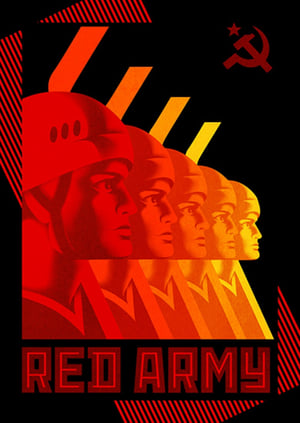 7.3
7.3Red Army(en)
A documentary highlighting the Soviet Union's legendary and enigmatic hockey training culture and world-dominating team through the eyes of the team's Captain Slava Fetisov, following his shift from hockey star and celebrated national hero to political enemy.
